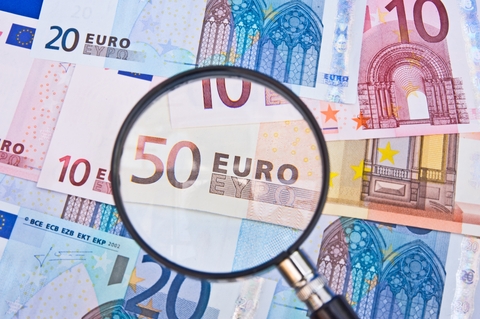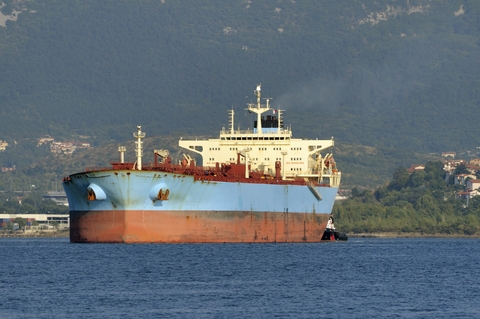Investing in Cameroon …
28 February 2012
4,113 views
2 Comments
David Cameron warned Africa against an impending Chinese invasion during a recent speech in Nigeria. However, nothing is likely to stop the China Harbour Engineering Company going ahead with the Kribi Deep Seaport project in South Cameroon, as the Cameroonian President has laid the foundation stone to kick-start the project.
Speaking in Lagos in early July 2011, the British Prime Minister complained of China neither protecting private contracts nor providing guarantees against expropriations.
He said: “If China is a capitalist country ruthlessly plundering its own people, then what is the nature of Chinese investment in Africa? Surely it must be worse for Africa than any ‘mistakes’ committed by the wealthy, democratic and benevolent Western capitalist countries?”
The British Prime Minister was later accused by African politics and authorities of subtly sabotaging, and distorting, the China-Africa relationship. Africans are increasingly welcoming Chinese investment because it gives them the basic services and facilities necessary for their economies to function – infrastructure that generations of cooperation with the West has failed to bring them.
A glance at the British, European and USA history fails to support the PM’s argument that “the shadow of colonialism has been lifted”.
US President Abraham Lincoln (1809-1865) paid a heavy price by abolishing slavery in the United States: he ultimately lost his life in the process of freeing Africa, and there are still invisible but heavy chains shackling the continent via its continued involvement with the West.
According to The Universal Declaration of Human Rights, unveiled in 1948 by the Council of Europe:
“Everyone has the right to a standard of living adequate for the health and wellbeing of himself and his family, including food, clothing, housing and medical care.”
The West has failed to provide the basics standard of living to Africa despite all the natural resources the continent has to offer.
Nowadays, only 20 per cent of African households have access to electricity, and China is providing more than this. It is less surprising that they are welcome. By instinct African governments will prefer a bad choice to the even worse option proffered by the West.
If a tenth of the West demonstrated Lincoln’s respect for the ideals of justice, morality and human dignity, economic cooperation between the American and European powers and Africa would have been so much more beneficial to the continent.
In The Crusaders, the campaigning journalist John Pilger quotes Georges Kennan, US Cold War planner , from a 1948 speech in which he declared: “We have 50 per cent of the world’s wealth, but only 6.3 of its population. In this situation, our real job in the coming period, is to devise a pattern of relationship… we have to dispense with all sentimentality.”
In so many years, the West has overlooked Kennan’s ethos, and it would be naïve to believe that Chinese investment in Africa in general, and countries like Cameroon in particular, is motivated by pure philanthropy. Yet the difference between a Chinese and a Western investment approach appears to be that, for the time being at least, China’s cooperation with Africa is based on a relationship of mutual respect.
This stands in marked contrast to the western investment approach, which retains a clear oppressor–oppressed dynamic (one born of violence, war and out-and-out resource exploitation in earlier times). In other words, The West has been repeatedly killing the goose that laid the golden egg, while China provides its geese with grain and warm nests in order to lay golden eggs they will hopefully feast on together.
Jean Paul Pougala – a Cameroonian professor of sociology and geo-politics at Geneva School of Diplomacy, Switzerland, as well as an author and the director of the Institute of Geo-Strategic Studies- has put it in this way: “The relationship between the West and Africa is like forced love: rape. China in Africa is like love between consenting adults. And, as in any relationship, there are ups and downs: there is always the desire to take over the other, but it is always more acceptable than rape.”
Nonetheless, Mr Cameron justified his speech by claiming that he had a duty – and right – as an Englishman to warn Africa against forging too close a tie with China. Few observers failed to note the potential conflict of interest: after all, one cannot expect the West to offer an impartial appraisal of Chinese designs on Africa when the continent used to, effectively, be its property.
For his part, the Cameroonian Minister of the Economy, Louis Paul Motaze, has cited specific examples of upcoming heavy infrastructural investment in his country as proof of China’s good intenions: “China has mobilised its counterpart funding of FCFA 36 billion to make up the entire budget of FCFA 240 billion for the seaport that will receive big vessels with a capacity close to 100,000 tonnes. This will fill the gaps of the Douala seaport whose draught is only six to seven metres and can at best receive vessels with a capacity of 15,000 tonnes.”
Meanwhile, the Cameroonian President Paul Biya talking to Cameroon Today, said the laying of the foundation-stone of this new port would concretise his promise to transform Cameroon into an embryonic 21st century industrial nation, beginning in 2012. The port, he added, would be a major base for exports around the Gulf of Guinea, creating employment, generating revenues and engendering a new spirit of expansion in the region. Only time will tell whose verdict is correct.




Spot on. We say this day after day and West don’t want to change. West need to change the way they coperate with Africa continent otherwise they will end up losing the biggest ever treasure.
Dear Laurence,
Many thanks for commenting on this article. I hope you had a wonderful Easter break. I will drop you a line to keep you updated with the upcoming batch of articles.
With best regards.
Rachel